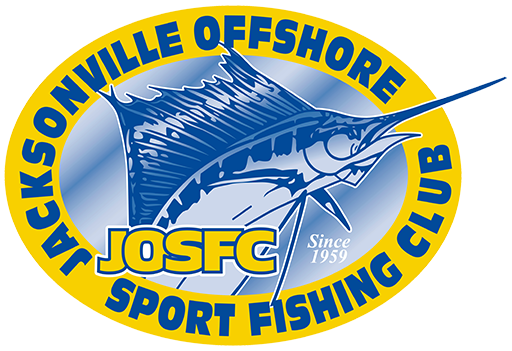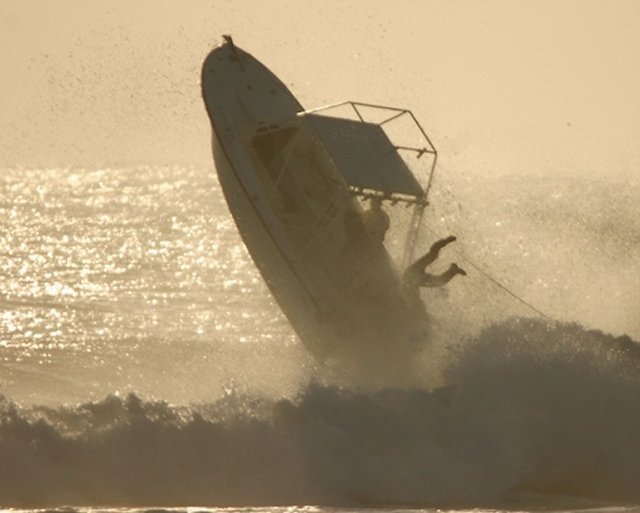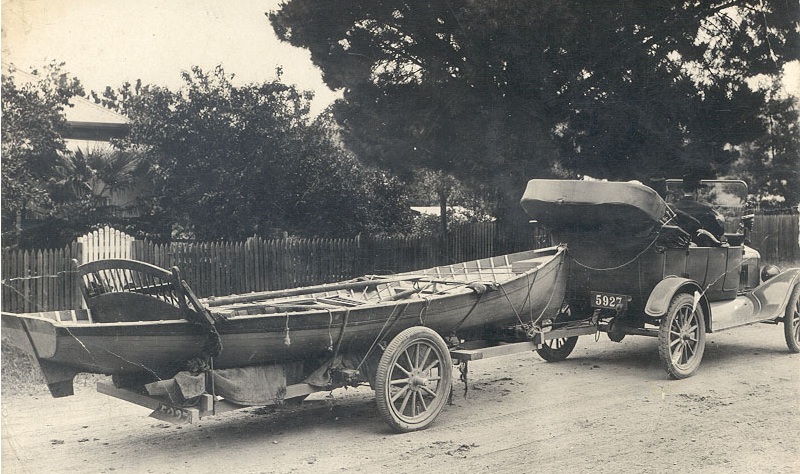Lightning
 I learned long ago from an old successful salesman that the first thing one had to do in a prospective sales presentation was to get the customers undivided attention. So, in an effort to get your undivided attention, I will cite some of the very grim boating fatality statistics from the Florida Marine Police.
I learned long ago from an old successful salesman that the first thing one had to do in a prospective sales presentation was to get the customers undivided attention. So, in an effort to get your undivided attention, I will cite some of the very grim boating fatality statistics from the Florida Marine Police.
For instance, the current 2010 statistics show that most boating fatalities to date are from drowning. The cause of those drowning … nearly 90% were not wearing life jackets when they entered the water. Following are just two examples:
- On May 22 a boater fell overboard from a 32 foot contender and drowned.
- On May 23 a 14 foot Jon boat was swamped on Eagle Lake with 4 on board. A 23 year old drowned while attempting to swim to shore.
Many have advised me that they carry life jackets on board their vessel with the idea of putting them on when an emergency arises. Detailed case studies show that boat accidents and capsizing happen so fast that there is usually no time to don a life jacket. Remember the Scout motto: Be prepared. So, wear your life jacket. If not for you, think of your family with you out of the picture.
Now, back to the main subject of this month: Lightning. You will see the lightning before you hear the thunder because sound travels much slower than light. You can determine the distance of the storm by counting one thousand one to five after you see the lightning. Each five counts tell you that the lightning is about one mile away. If your count shows that the storm is less that 10 miles, you should head for safety since data shows that lightning can strike out 10 miles in front of a storm where the sky may even be clear. The comment that if you can hear the thunder, head inside or for shelter is so true.





 Now, with improving weather and tournaments on the schedule, Club members will be towing their boats more to get in on the action. In order to have a safe, successful boating/fishing trip, if you are one of the 95% of recreational boaters who tow their boats, you must first tow your boat to the nearest boat ramp for launching. Towing a boat has its good and bad points, and the potential problems in towing are many. I would like to remind everyone of a few things to consider before towing your boat.
Now, with improving weather and tournaments on the schedule, Club members will be towing their boats more to get in on the action. In order to have a safe, successful boating/fishing trip, if you are one of the 95% of recreational boaters who tow their boats, you must first tow your boat to the nearest boat ramp for launching. Towing a boat has its good and bad points, and the potential problems in towing are many. I would like to remind everyone of a few things to consider before towing your boat.

 Preparation can save your life! One way to ensure a safe outing on the water is to wear your life jacket. Although not required by law, except for children 13 years of age and younger, boaters should wear a life jacket especially when the boat is underway. Historical data shows that many excellent swimmers have drowned when thrown from a moving boat without wearing a flotation device of some type. Recently we had a near tragic accident when a small boat, with 3 fishermen, capsized near the jetties. Since the fishermen were not wearing life jackets, only the quick action of some nearby fishermen prevented a tragedy.
Preparation can save your life! One way to ensure a safe outing on the water is to wear your life jacket. Although not required by law, except for children 13 years of age and younger, boaters should wear a life jacket especially when the boat is underway. Historical data shows that many excellent swimmers have drowned when thrown from a moving boat without wearing a flotation device of some type. Recently we had a near tragic accident when a small boat, with 3 fishermen, capsized near the jetties. Since the fishermen were not wearing life jackets, only the quick action of some nearby fishermen prevented a tragedy.